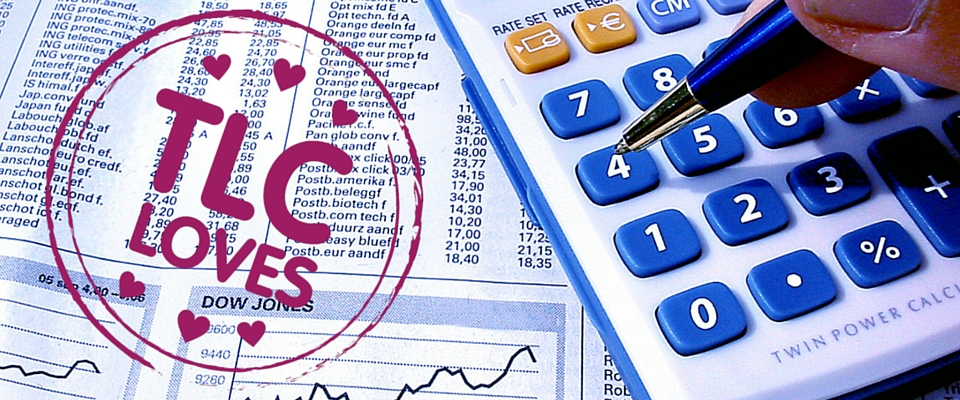TLC Loves… making the most of your pension
5th April 2016

With speculation that today’s children may have to work until they’re 80 or beyond and recent announcements such as the introduction of the Lifetime ISA, there’s plenty to think about when it comes to planning for the time you no longer have to work.
We’re not independent financial advisers (although we know some great ones) but here are our top pension tips for limited companies and employees.
Get personal tax relief on contributions
An individual can pay up to £40,000 a year into a pension and receive tax relief on those contributions. You may also bring forward unused relief for up to three years and use this too. For those who are already in flexible draw-down, the annual allowance is £10,000.
Depending on your income, tax relief is available on pension contributions at either 20%, 40% and 45%. Basically your contributions are offset against the tax you would have paid.
For those with an income of £100,000 and above, some of the relief will effectively be as high as 60%! Make use of the carry-forward provisions and annual pension allowances and get those personal pension contributions in before 5th April 2016.
If you want to know more about tax relief on pension contributions, here’s what the Government’s Money Advisory Service has to say.
Limited companies can have their own pension schemes
Even if you’re running a company of one you can set up a pension scheme. Get the right advice from an IFA about which to choose and then make sure you make employer contributions as these are treated as a company expense and offset against your Corporation Tax bill.
You can’t put an unlimited amount into a pension without tax implications. Your IFA will advise on the permitted limits. This is advice is even more important if you’re a higher-rate tax payer.
Use a pension as a tax-efficient way to buy premises
Using pensions, such as a Small Self Administered Scheme (SSAS) or a Self-Invested Personal Pension (SIP), can be a doubly tax-efficient way to buy premises.
The pension fund buys the premises, then the company pays rent to the pension fund. It works because the rent the pension fund receives will not be taxed in the SSAS/SIP and the rent the company pays is also a deductible expense.
Assessing contributions at year-end
If you have a lump sum in the company at your year end, paying money from your company into a pension can be a tax-efficient way of saving. You don’t have to make the payment before your year end, there’s a nine-month window during which we can accrue it into the previous year’s accounts, so you can take the time to weigh up your options.
We’ll always discuss this as part of going through your accounts, so do check with us if you’re thinking of taking this option.
If you’re an employee
Paying into your company’s pension scheme can be a good option, but again, get the right advice.
If you’re a higher-rate tax payer an efficient option can be salary sacrifice as this means you save the National Insurance contributions and the Government also contributes. However, this can affect other benefits (child benefit for example) so do check with us and your pension provider about your particular situation.
Pensions for family members
You can pay into a pension for a partner or under 18s – up to £3,600/month/person regardless of earnings – and you still get tax relief at 20%. Maybe starting a pension for your children now will help mitigate the chances of them working until they’re 80!
Have a chat with us about the best way to help you plan for others if this is something you’re considering.
Clearly pensions are a complicated area and what’s best for you and your company will depend totally on your individual situation. Give us a call to discuss your needs and we can put you in touch with an IFA or other pensions professional if necessary.

Add a Comment
You must be logged in to post a comment.